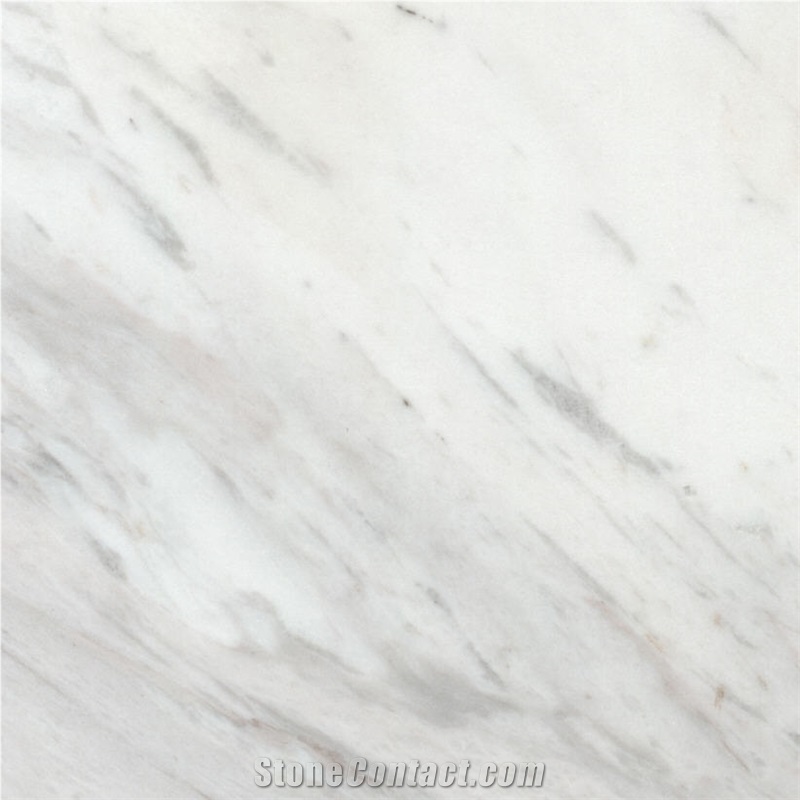Drama S Marble
 Greece
(Xiropotamos, Drama, East Makedonia, North-East of Greece)
Greece
(Xiropotamos, Drama, East Makedonia, North-East of Greece)
Drama S Marble is a kind of semi-white marble quarried in Greece. This stone is especially good for Countertops, monuments, mosaic, exterior - interior wall and floor applications, fountains, pool and wall capping, stairs, window sills and other design projects. It also called Branco Volakas Marble,Drama White Marble,Dramas White Marble,Macedonian White Marble,Olympos Marble,Olympous White Marble,Olympus White Marble,Volakas Drama White Marble,Volakas Dramas White,Volakas White Marble,Volakas,Macedonia White Marble,Doxato Semi White Marble,Doxato Dramas Semi White,Dramas White Iktinos,Drama A Marble,Kalliston White Marble,Granitis Dramas White Marble,Granitis Dramas Semi White,Pighes Drama White Marble,Pighes Dramas Semi White Marble,Pirgi Drama White Marble,Volakas Dramas Semi White Marble . Drama S Marble can be processed into Polished, Sawn Cut, Sanded, Rockfaced, Sandblasted, Tumbled and so on.

How do you prevent water stains on Drama S Marble?

How thick is Greece's Drama S Marble slabs?

What is the physical properties of Drama S Marble?

What is the coefficient of friction of Filled Greece's Drama S Marble tiles?

Can Greece's Drama S Marble be used outdoors?

How can I make my white marble shine naturally?

Are there color variations of Greece's Drama S Marble?

Which marble surface treatment provides a non-slippery surface?

Is Greece's Drama S Marble an expensive stone?

What is the chemical composition of Drama S Marble?

Can Greece's Drama S Marble be used in a kitchen?

Can you put hot pans on Drama S Marble?

Can Greece's Drama S Marble be used in landscaping?

What are the disadvantages of Drama S Marble?

Can Greece's Drama S Marble be used exterior applications in very windy climates?

Is it advisable to use Drama S Marble for the kitchen countertop?
-

Zhangzhou Bewell Stone Company Ltd.
 China
China
 Verified Supplier is for prove company authenticity,including business license,trade license and effective office space,to enhance buyers' trust to suppliers and their products, reducing communication costs.
Verified Supplier is for prove company authenticity,including business license,trade license and effective office space,to enhance buyers' trust to suppliers and their products, reducing communication costs.
Contact Supplier
-

-

-

-

 China
China
 8YRDiamond members are premium members on platform, providing members with comprehensive approach to promoting their products, increasing products exposure and investment return to maximize.
8YRDiamond members are premium members on platform, providing members with comprehensive approach to promoting their products, increasing products exposure and investment return to maximize.
 Verified Supplier is for prove company authenticity,including business license,trade license and effective office space,to enhance buyers' trust to suppliers and their products, reducing communication costs.
Verified Supplier is for prove company authenticity,including business license,trade license and effective office space,to enhance buyers' trust to suppliers and their products, reducing communication costs.
Contact Supplier
-

-

-

 China
China
 Verified Supplier is for prove company authenticity,including business license,trade license and effective office space,to enhance buyers' trust to suppliers and their products, reducing communication costs.
Verified Supplier is for prove company authenticity,including business license,trade license and effective office space,to enhance buyers' trust to suppliers and their products, reducing communication costs.
Contact Supplier
The request includes: 1. surface finished, size 2. quantity required






